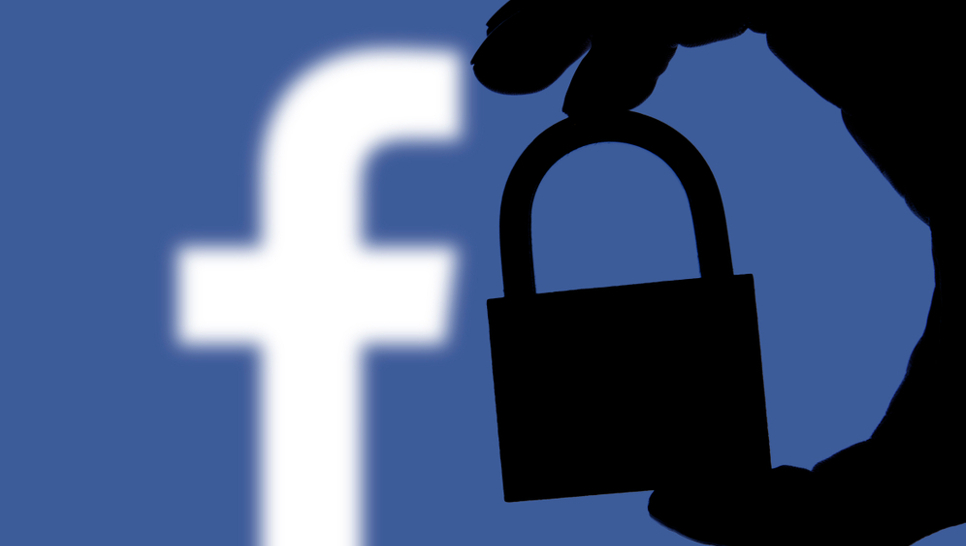Facebook says it won't break end-to-end encryption
Social media giant won't remove encryption from its messaging apps

Ahead of an upcoming senate hearing on encryption, Facebook executives have sent a letter to Attorney General William Barr in which they said that the social media giant would not provide law enforcement with access to its encrypted messaging products.
In the letter, written by WhatsApp head Will Cathcart and Messengerhead Stan Chudnovsky, the executives explained that by creating backdoor access into Facebook's products for law enforcement, the would also be giving cybercriminals and other bad actors a way to enter their systems, saying:
“The ‘backdoor’ access you are demanding for law enforcement would be a gift to criminals, hackers and repressive regimes, creating a way for them to enter our systems and leaving every person on our platforms more vulnerable to real-life harm. People’s private messages would be less secure and the real winners would be anyone seeking to take advantage of that weakened security. That is not something we are prepared to do.”
- US and UK governments call for mandatory backdoors in encrypted chat
- Facebook is building a unified messaging system for businesses
- Also check out the best encryption software tools
End-to-end encryption
Facebook's CEO Mark Zuckerberg announced earlier this year that the company would be bringing end-to-end encryption to both Messenger and WhatsApp to make both of the apps “faster, simpler, more private and more secure”.
However, in October the Justice Department raised concerns about the company's encryption plans and suggested they would benefit criminals such as sex traffickers and pedophiles. Barr insisted that law enforcement should have access to company's systems in order to investigate these serious crimes, saying: “Companies should not deliberately design their systems to preclude any form of access to content even for preventing or investigating the most serious crimes”.
The letter from Facebook executives was sent in response to Barr's inquiry in October and it arrived just before a Senate Judiciary hearing on encryption. During that hearing, Chairman Lindsey Graham said that while he appreciates that cybercriminals can't hack into his smartphone, he still believes encrypted devices and messaging apps create a “safe haven” for criminals.
Facebook's director of messaging privacy Jay Sullivan then argued that American companies must lead when it comes to secure and encrypted messaging or foreign firms would take up the mantle. If this occurred, it would be even more difficult for US law enforcement officials to gain access to these services to conduct investigations.
Sign up to the TechRadar Pro newsletter to get all the top news, opinion, features and guidance your business needs to succeed!
The war for encryption continues and expect this issue to be debated heavily as governments try to protect their citizens from criminals and other threats while continuing to take away their privacy online.
- We've also highlighted the best VPN services
Via The Verge
After working with the TechRadar Pro team for the last several years, Anthony is now the security and networking editor at Tom’s Guide where he covers everything from data breaches and ransomware gangs to the best way to cover your whole home or business with Wi-Fi. When not writing, you can find him tinkering with PCs and game consoles, managing cables and upgrading his smart home.
